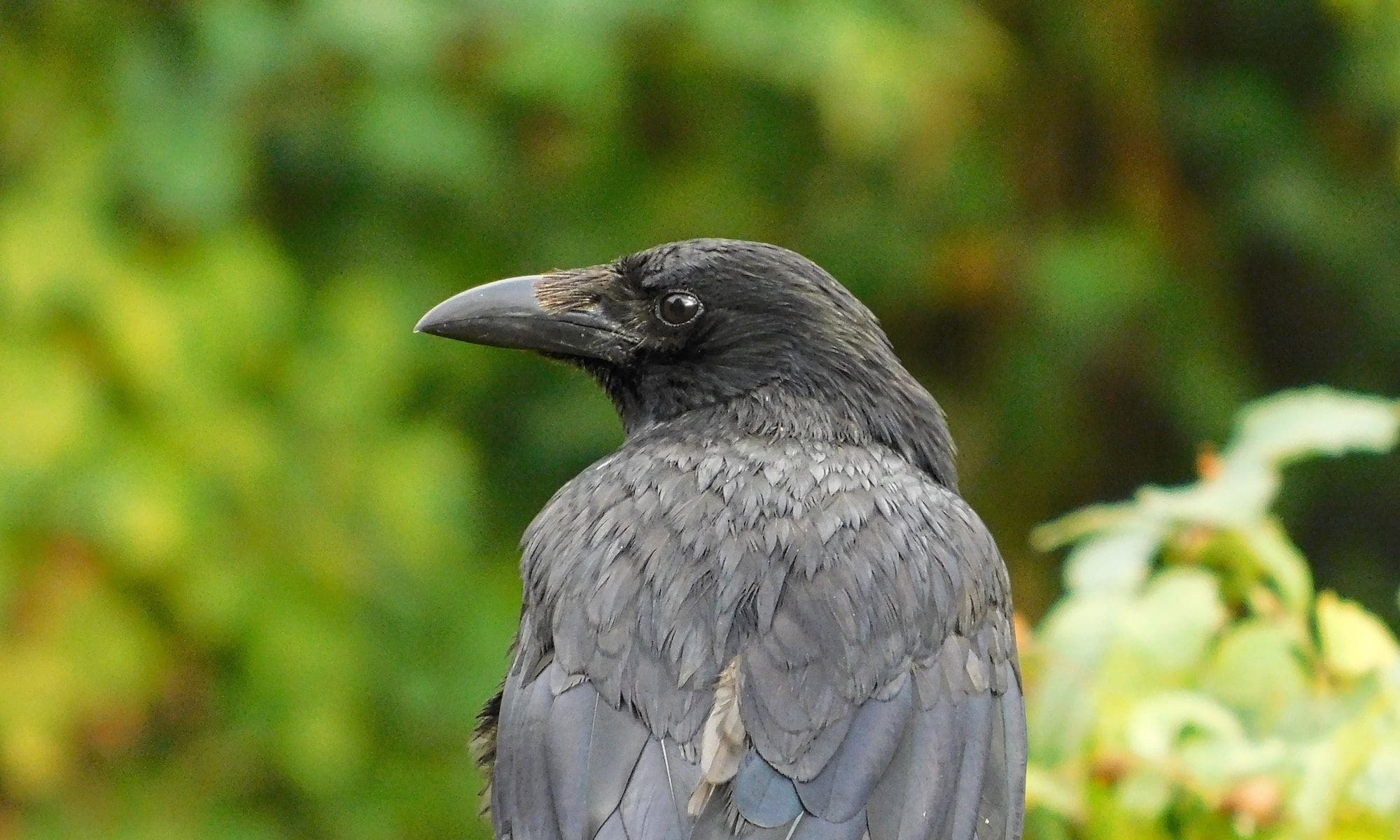“Veganism is not just a diet or lifestyle. It is a basic prerequisite for anyone who wishes to start caring seriously about animals, including humans. It is a moral and political commitment to nonviolence.” – Ken Hopes
Let us begin with what a vegan-run corvid sanctuary does not mean. It does not mean that we raise wild birds on a vegan diet. To rescue, rehabilitate and ultimately release wild birds back into their natural home environment, these animals need to be raised or fed on a diet, which resembles their natural diet as closely as possible, otherwise these animals would not stand a chance to survive in the wild. Our rehabilitation programme is based around BVZS “Good Practice Guidelines for Wildlife Rehabilitation Centres” and tailored around the individual needs of the animal concerned, which does not only include their diet, but also an appropriate hospital, rehabilitation and release aviary setup.

However, a vegan-run corvid sanctuary does mean that the core group of people running Corvid Isle are all ethical vegans, and that we are seeing veganism as a moral position that opposes violence as well as the exploitation of human and non-human sentient beings. We are strongly committed to the principles of holistic nonviolence.
Our birds deserve the best treatment and the highest possible standard of care available. We will always give careful thought to every individual case to ensure that the animal in question is not suffering whilst being in our care. We have very close links and excellent work relationships with renowned and experienced wildlife rescues, which are willing to assist us in cases beyond our capability or experience. We are closely guided by experienced veterinary surgeons. We also understand the importance of continuation of our professional development, which is the process of continuing education with the aim to maintain and improve knowledge and skills.

Another important aspect of our work ethic is prevention, education and raising of awareness, a process which can be tedious and might not always be very popular. It appears to be a small logical step to make, from treatment and rehabilitation of animals to prevention of problems or diseases, which put animals in exactly that situation, where they need our help and care. This small step might save far more individuals than could possibly be treated by all rescues and rehabbers together. And as a side effect, prevention does also bring down the high costs involved in the care and rehabilitation of wild animals, usually carried by a small group of enthusiastic people.


